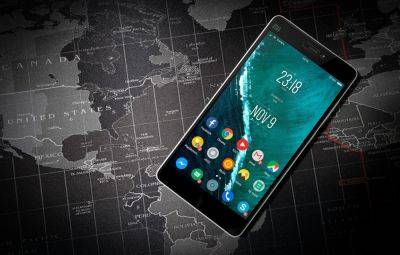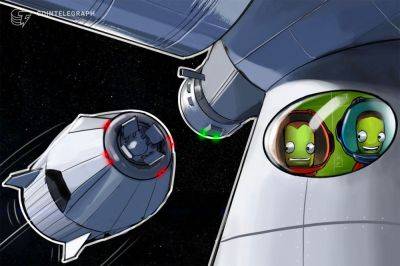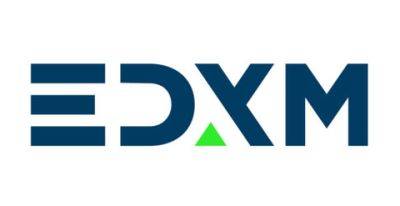AI is helping expand accessibility for people with disabilities
According to data from the World Health Organization (WHO), more than one billion people are living with some significant disability today. Moreover, with the market for AI-related technologies set to grow to a cumulative valuation of over $2 trillion in the next seven years, it is reasonable to suggest that the marriage of these spaces can help introduce a new era of accessibility.
A key area where AI is making its presence felt is when it comes to supporting people with non-standard speech. Voiceitt is an accessible speech recognition technology company that uses AI and machine learning to assist people with speech impairments.
The tech is designed to recognize and adapt to non-standard speech patterns, thereby enabling clearer communication. The technology is particularly beneficial for individuals who have cerebral palsy, Parkinson’s disease and Down syndrome, wherein producing clear speech can be challenging.
As the realm of artificial intelligence (AI) has grown, this still-emerging technology has exhibited an ability to help improve the quality of life for people living with different kinds of disabilities.
Dr. Rachel Levy, speech-language pathologist and customer success manager at Voiceitt, told Cointelegraph, “The way our technology works is that people input their speech data into our system, and we have a huge database of non-standard speech. So we have held all of this speech data plus the individuals’ speech data that affects their own model.”
“This means that the technology learns from the individual’s unique speech patterns and uses this information to translate their speech into a form that is easily understood by others,” she added.
Magazine: Should we ban ransomware payments? It’s an attractive but
Read more on cointelegraph.com






















